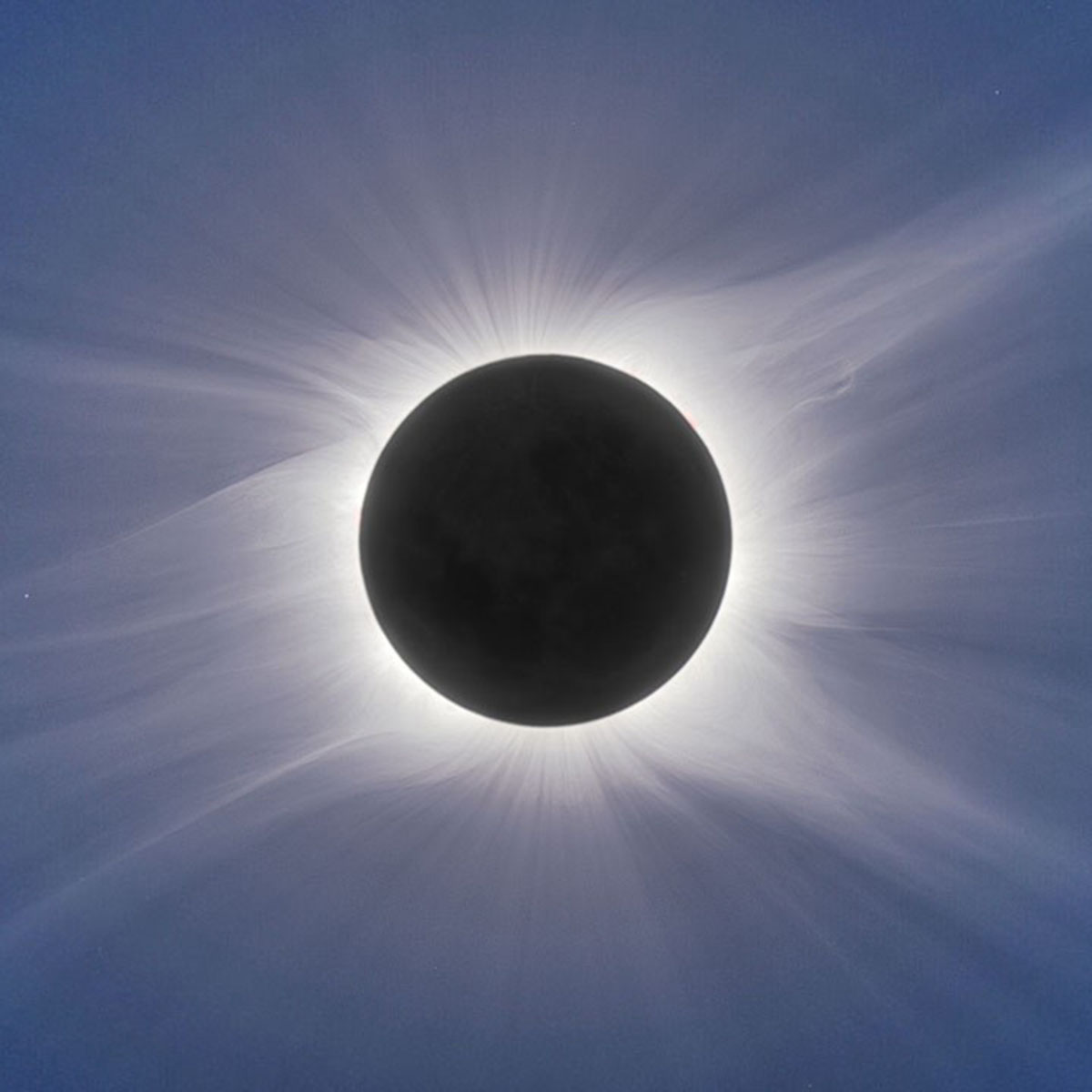Wednesday, April 05, 2023 - 3:10 p.m. to 4:10 p.m.
Morse Hall rm 301 -OR- Zoom
Speaker: John Swoboda – MIT Haystack Observatory
Abstract: A solar eclipse creates a natural experiment for atmospheric science by essentially blocking out the Sun in a small area on the Earth. The shadow of the Sun, which is moving at supersonic speeds, cools the area around it and reduces the rate of photoionization within the ionosphere creating a large depletion of electron density surrounding it. Only recently sensor technology and ubiquity have allowed scientists to study these effects in great detail.
On April 8th 2024 a total solar eclipse will take place in the Continental United States, starting in Texas and traveling in an S-curve like path, exiting the country in Maine. MIT Haystack Observatory is making preparations to operate numerous ionospheric and atmospheric sensors during this event. These sensors include the Millstone Hill Incoherent Scatter Radar, numerous GNSS TEC receivers and two new sensors: the Zephyr meteor wind radar network and the Electromagnetic Vector Sensor Ionospheric Sounder (EMVSIS). These two new sensors will be deployed in a network configuration around Haystack Observatory to monitor the upper atmosphere and ionosphere during the eclipse. The Zephyr system will measure mesospheric winds (height 80 km to 100km) and help give researchers a better understanding of neutral dynamics during the eclipse. The EMVSIS system will measure bottom side electron density (100km -300km) and ion velocity, like a traditional ionospheric sounder, but will have much lower size weight and power requirements along with specialized Vector Sensor antennas that can get angle of arrival polarization information in a single package.
This talk will discuss the impacts on the ionosphere thermosphere system during a solar eclipse along with past results from previous campaigns. The type of sensors used during this campaign will be detailed specifically the Zephyr and EMVSIS systems. Lastly we will show how UNH is participating and our activities as we prepare for this deployment.
Schedule: Check out the rest of this season's Space Science Seminar Series, as well as previous recordings.

